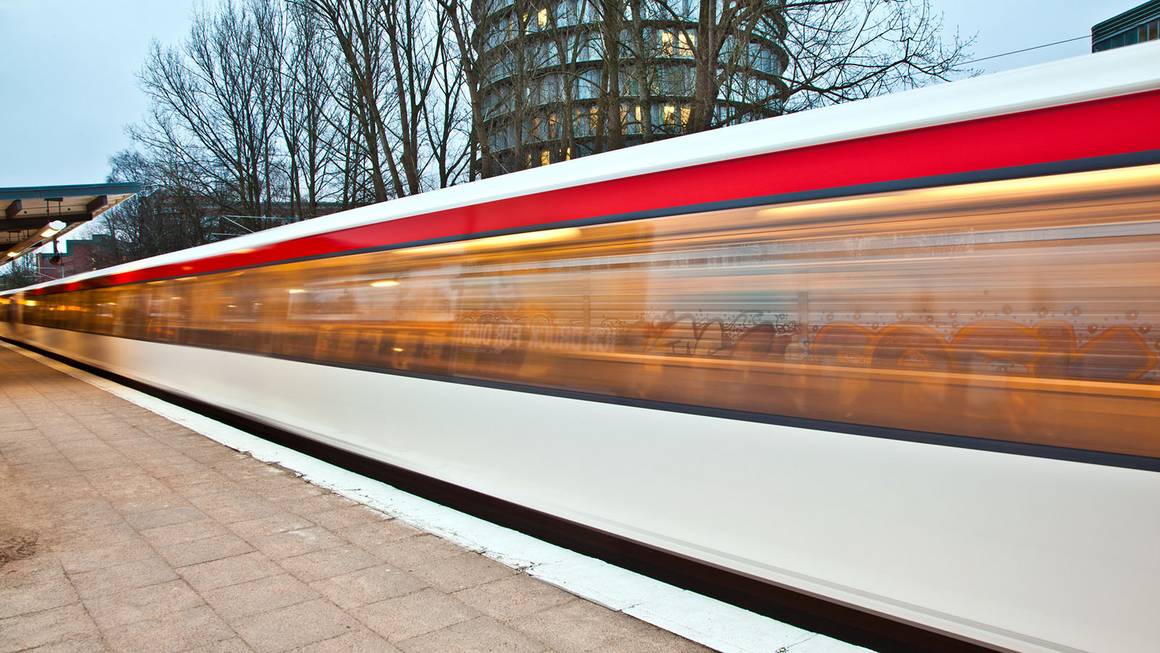Germany’s transport system needs improving. It must emit fewer greenhouse gases, produce less congestion in cities and provide more reliable mobility in rural areas. New digitally-based business models will play a key role in achieving these goals. Unfortunately, however, Germany’s Passenger Transport Act (Personenbeförderungsgesetz, or PBefG) does not provide an ideal framework for encouraging such business models. Complicated approval requirements and inconsistencies in the application of the PBefG have created a great deal of legal uncertainty. As a result, Germany has thus far failed to fully tap its potential for creating new mobility options that can be integrated with local public transport systems and meet the needs of rural communities.
To harness this potential, revisions to the PBefG are needed that explicitly promote cleaner and more efficient mobility in cities while maintaining and even improving mobility in rural areas. This study highlights some of the basic areas in need of revision and provides clear explanations for non-specialists of the PBefG’s legal intricacies. The goal is to increase public understanding of the opportunities that new forms of mobility bring and their role in transforming Germany’s transport system. The law firm Rödl & Partners was commissioned with preparing the study.


